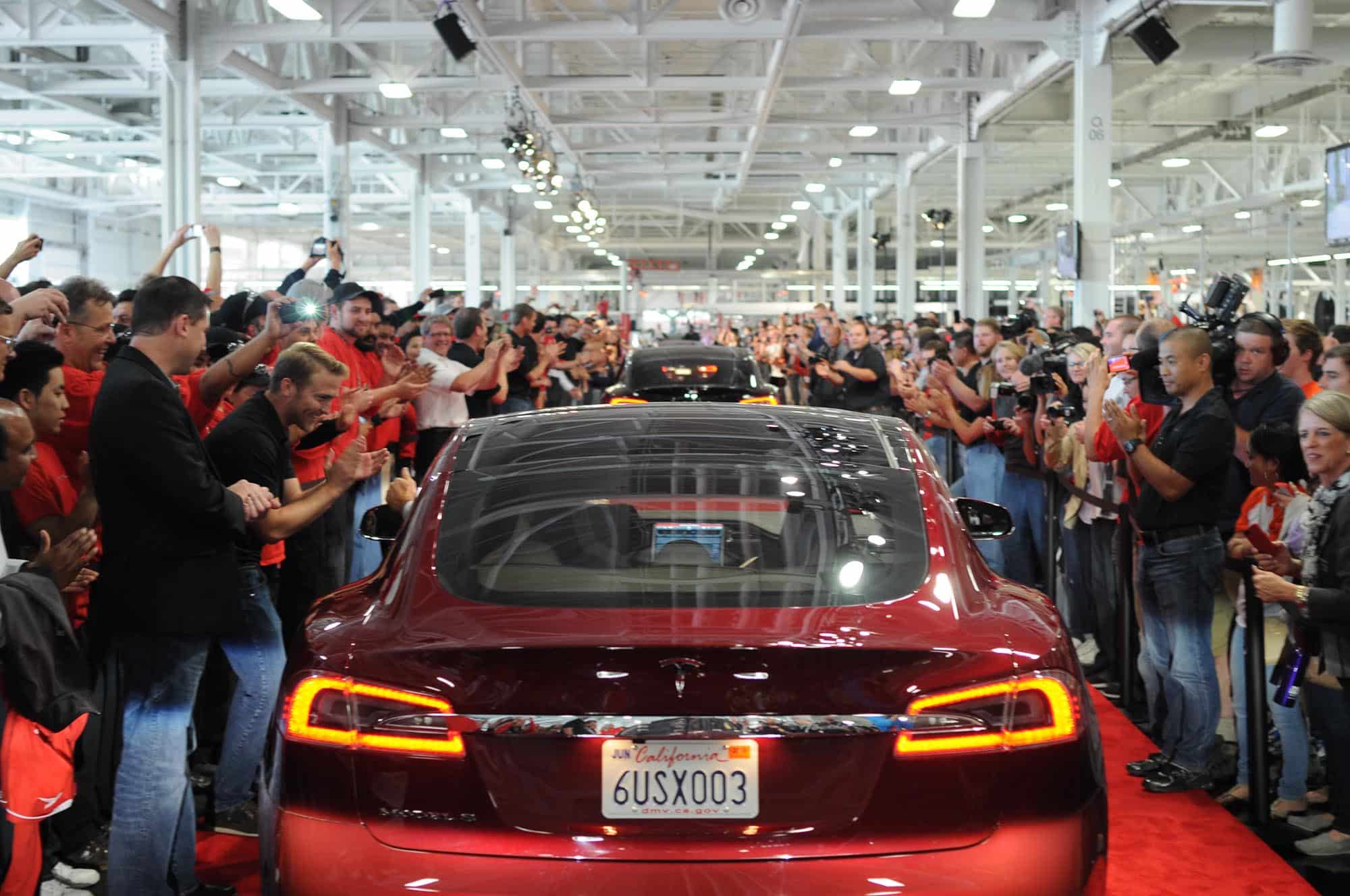 BBC News
BBC NewsBorrowing was £17.4bn last month, the second highest October figure since monthly records began in 1993.

Dinesh Dhamija
I’m a big fan of Tesla.
When I sold ebookers.com, I had salespeople trying to interest me in all kinds of fancy cars. Some of them I couldn’t squeeze into. Others just made me feel like a polluting road-hog.
Several years later, I’m still extremely happy in my quiet, smooth, comfortable and non-polluting Tesla. And so is my wife, in hers.
So it’s exciting to see that Elon Musk is getting serious about setting up Tesla in India. He’s met Narendra Modi a couple of times already and held meetings with commerce minister Piyush Goyal about building one of his mega factories in the country.
Of course, there are hurdles to overcome. Despite hundreds of millions of consumers, few Indian car buyers can afford to pay $38,000 (the current cheapest Tesla). The government would have to lower its 70 per cent tariff on cars below $40,000 and 100 per cent on cars above $40,000, which will be resisted by domestic carmakers.
An Indian government official was quoted in the Financial Times proposing a 15 per cent tariff for all EVs, in return for building a plant in the country.
Infrastructure for EVs is basic to non-existent in much of India. Right now, they make up just 1.5 per cent of passenger vehicles sold in the country. And the most popular types of car are tiny, compared with the spacious Tesla saloons.
Yet like so much in Elon Musk’s career, the idea of attacking the India market shows imagination and vision beyond the scope of most other people. He sets almost ridiculously high targets – the latest is to produce 20 million cars a year by 2030, more than Toyota and Volkswagen combined.
For India and specifically for Narendra Modi, a new Tesla plant would give all the right signals: it would show that he welcomes industrial investment, is further developing his green agenda, boosting high tech employment and helping to improve India’s terrible air quality.
A more mobile Indian population, with greater car ownership, will bring all kinds of other dividends. It will add to pressure on state and local authorities to improve the country’s highways, it will aid commercial growth and improve skills. If a growing proportion of this mobility can be electric, so much the better.
On every urban Indian street, you find mechanics in their workshops tinkering with rickshaw engines and motorbikes. It would be good to see more smarter, higher-spec workshops with computer diagnostic equipment and EV charging points.
As India approaches its next general election in spring 2024, Modi needs to demonstrate that he still has his finger on the pulse of the nation. Tesla’s arrival and the consequent mood of energising optimism around it could be just what he needs.
Dinesh Dhamija founded, built and sold online travel agency ebookers, before serving as a Member of the European Parliament. His latest book, The Indian Century, will be published in the Autumn.